NCTNA engages in advocacy to ensure that healthcare providers—especially those in rural and underserved communities—remain informed and have a strong voice in broadband policy decisions that directly impact their ability to deliver care. As a mission-driven, member-led organization, we work to protect and expand access to affordable, resilient medical-grade broadband so that North Carolina’s non-profit and public healthcare organizations can thrive in an increasingly digital world. By actively participating in state and federal policy discussions, educating decision-makers, and amplifying the needs of our members, NCTNA works to help shape a future where connectivity is recognized as a mission-critical healthcare utility.
With BEAD allocations nearing finalization at the state level, and the NC Healthcare Broadband Coalition’s purpose fulfilled, NCTNA now leads the next chapter in advocacy—focused on ensuring affordable, resilient broadband remains accessible to North Carolina’s healthcare providers.
Our current efforts include:
The Ad Hoc Broadband for Rural Health Care Group is a national coalition of healthcare providers, telehealth networks, nonprofit consortia, and policy advocates working to preserve and strengthen the FCC’s Universal Service Fund’s Rural Health Care (RHC) Program. This group engages with federal policymakers, submits regulatory comments, and shares real-world provider perspectives to ensure that rural and underserved communities continue to benefit from affordable, high-quality broadband for healthcare delivery. NCTNA proudly participates in this group to help shape policy that protects broadband access as a critical healthcare utility.

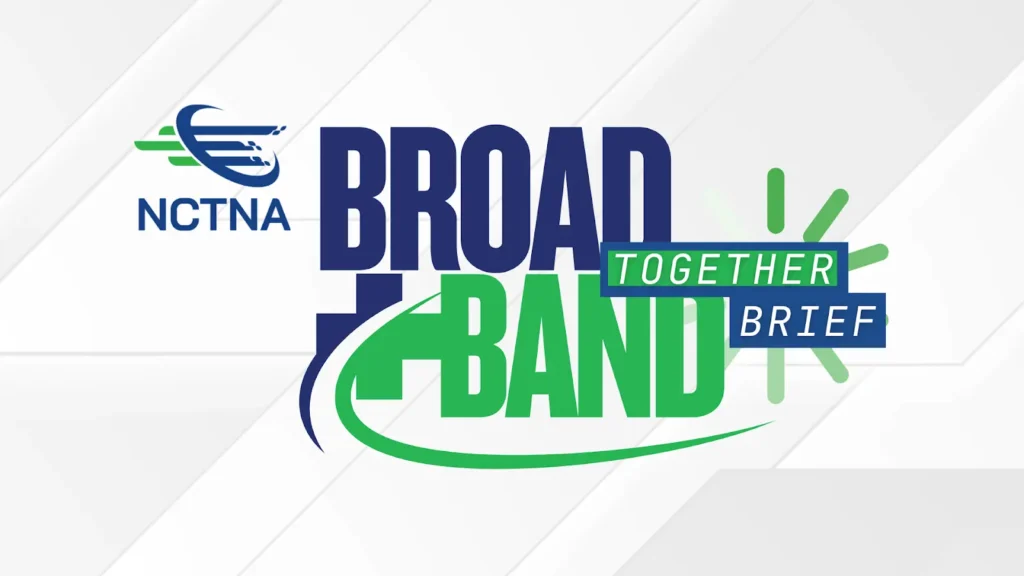
NCTNA’s BroadBAND TOGETHER Quarterly Policy Briefs are virtual events hosted by NCTNA that bring together healthcare providers, anchor institution leaders, broadband advocates, and policy experts to unpack the latest developments in federal and state broadband funding, particularly related to the Universal Service Fund. These sessions offer timely insights on evolving legislation, infrastructure programs, and digital equity initiatives—empowering anchor institutions and healthcare leaders with the knowledge they need to navigate policy shifts and protect connectivity for the communities they serve.
NCTNA’s leaders are deeply engaged across the broadband and healthcare policy landscape to ensure the voice of North Carolina’s healthcare providers is heard. Our team actively serves on boards and committees including the Board of Directors for MCNC https://www.mcnc.org/ (Tracy Olson), the Kramden Institute https://kramden.org/ and NCHIMSS https://nchimss.org/ (Jordan Rogers). Our leaders also participate in national working groups like SHLB’s Rural Health and Universal Service Fund sub-committees. We maintain strong connections with key partners in North Carolina such as the NC Community Health Center Association (NCCHCA), the NC Healthcare Association (NCHA), the NC Public Health Association (NCPHA), the NC Office of Rural Health, and the NC Department of Information Technology (NCDIT)—advancing collaboration, digital equity, and broadband-enabled healthcare at every level.

For years, the North Carolina Healthcare Broadband Coalition (NCHBC), led and staffed by NCTNA, brought together public health organizations, healthcare providers, nonprofits, and digital equity champions to fight for a single goal: close the digital divide for NC’s healthcare providers and their patients.
Born during the COVID-19 pandemic and now successfully completed, the Coalition helped unlock $1.5 billion in broadband funding for NC, ensured that healthcare voices were heard in digital equity planning, and launched pilot programs and policy initiatives that will shape healthcare connectivity for years to come.
Today, while the coalition has been retired, NCTNA continues this work through direct advocacy and policy leadership—educating stakeholders, supporting healthcare anchor institutions, and driving initiatives that protect affordable broadband for providers across North Carolina.


Developed a playbook to guide collaborations between healthcare providers and broadband leaders that:
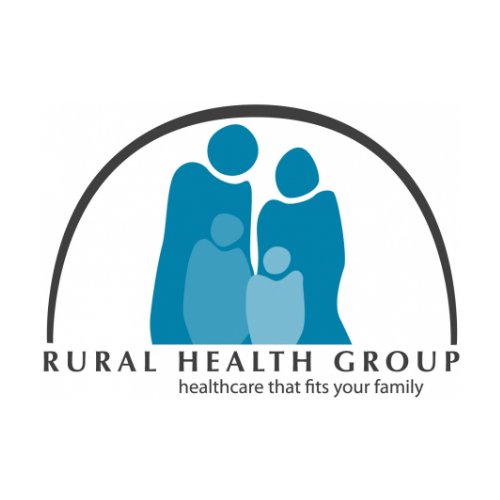
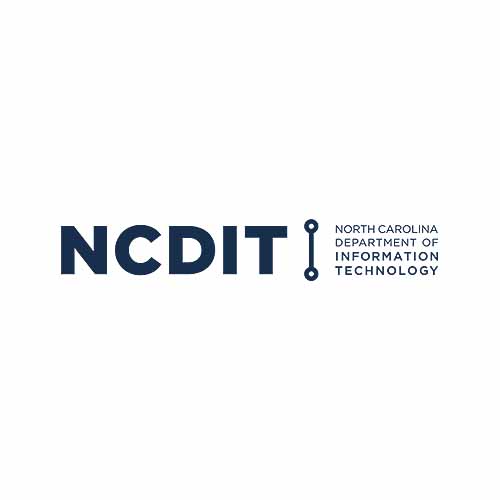
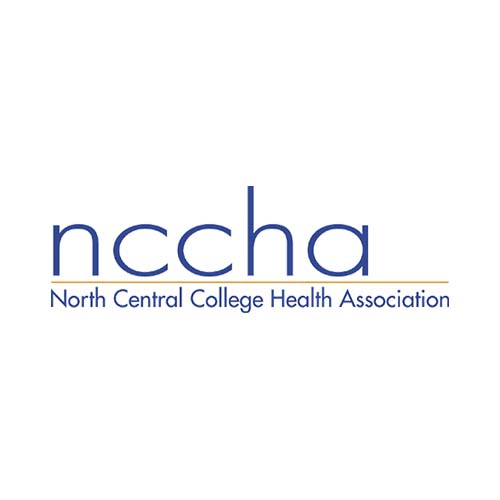

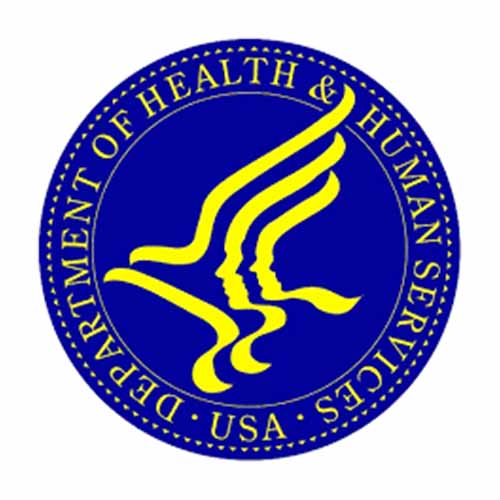
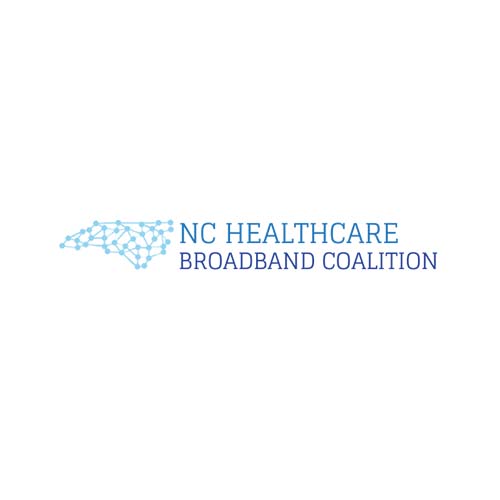
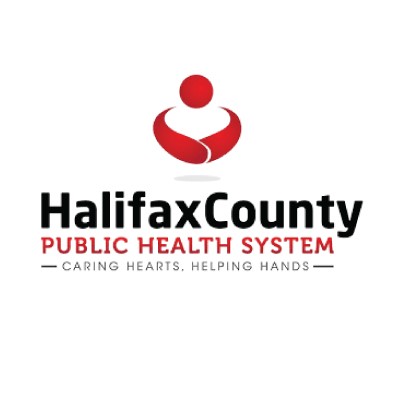
Our partnerships in the healthcare space are strategic, and they allow us to amplify our impact and to receive guidance from individuals with insider perspectives and experience. Members of the NCHBC Steering Committee include the NC Healthcare Association, the NC Community Health Center Association, the NC Health Directors Association, Benchmark, the Office of Rural Health, NC AHEC, ECU Health Systems, UNC Health Systems, NC Council of Governments, and the NC Rural Center.

If you share our vision of equitable healthcare access and broadband connectivity for NC and want to make a difference, we invite you to join the NCHBC in our efforts to end the digital divide. Contact us today using the form below to learn more about NCHBC volunteer opportunities, events, bringing the NCHBC mapping project to your county, or how you can support our advocacy efforts.
Visit our NCTNA blog for NCHBC-related news HERE. Follow @NCTNA on social media for NCHBC updates, and to join the conversation about connecting NC’s providers and patients.
Together, we can make a difference and ensure that this much-needed healthcare funding reaches those who need it most.